TLDR;
You can usually start talking a few hours after wisdom teeth removal, but it’s best to limit speaking as much as possible for the first 24–48 hours to allow proper healing. Excessive talking early on can increase your risk of complications like dry socket, bleeding, or delayed recovery.
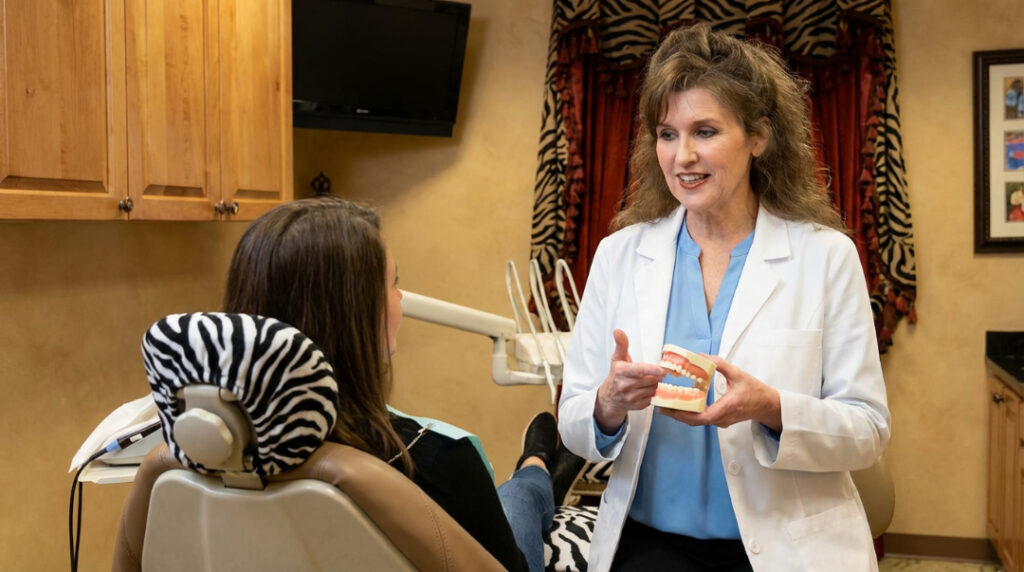
Having your wisdom teeth removed is a common oral surgery, but the recovery phase often brings uncertainty—especially when it comes to talking afterward. At Buford Dentist, patients frequently ask, “How soon can I talk after wisdom teeth removal?” While everyone’s experience varies slightly, there are general guidelines based on how your body heals and how complex your surgery was.
In this post, we’ll explore the timeline for talking, associated risks, practical communication tips, and signs to watch out for. By the end, you’ll know how to balance recovery with your daily communication needs—without compromising your healing process.

Why minimal talking is crucial:
Recommended strategy:
Tips for this phase:
At this stage:
However:
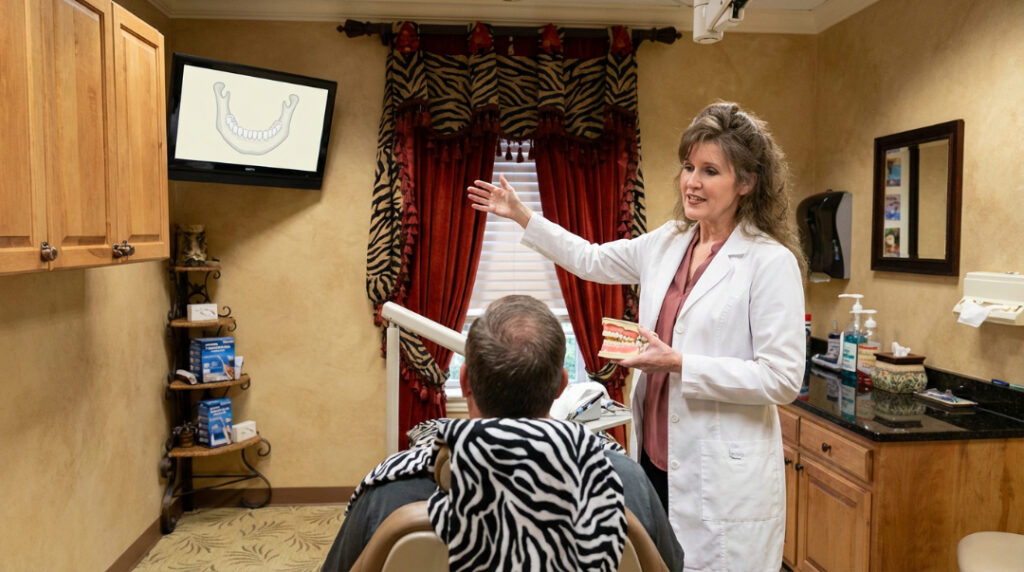
Everyone heals differently. Here are key variables that affect how soon you’ll be able to talk:
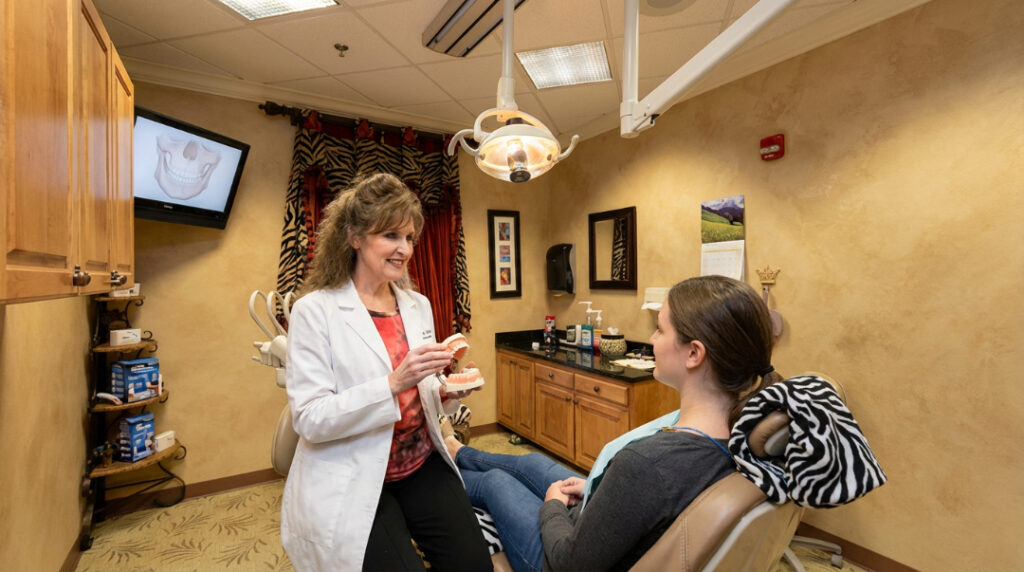
Yes—but only when done mindfully.
Talking too early or too much increases the chances of:
Safe talking means:

Here’s how to navigate those early days when speaking is limited:
While these speech-related techniques are important, they work best when combined with broader tips for quick wisdom teeth recovery that support your body’s natural healing.

Phone calls can be deceptively stressful during recovery. Here’s how to manage them:
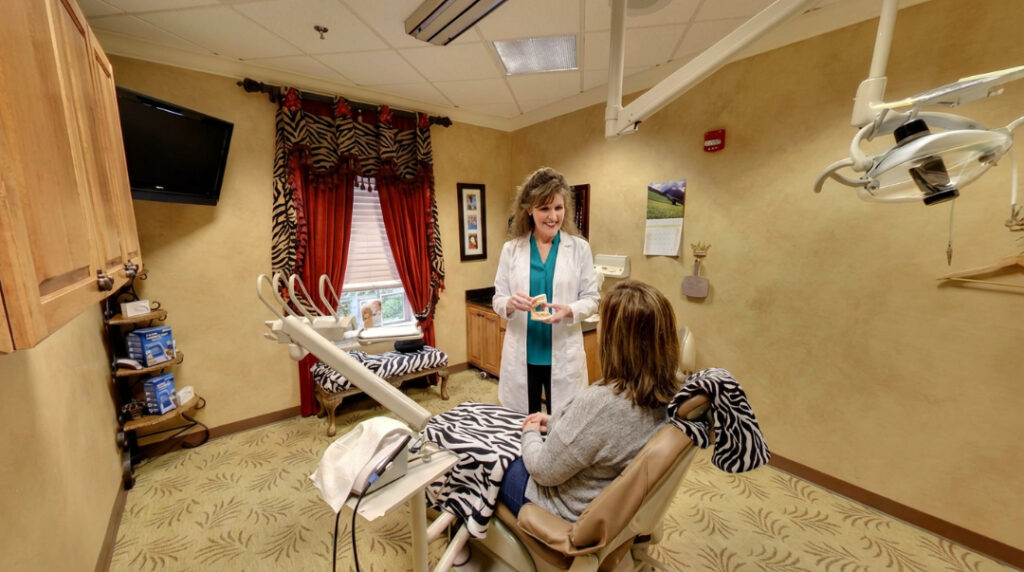
You might be surprised at how many daily habits can affect your ability to speak comfortably:
Stay mindful. Rest is your best friend in the early recovery phase.
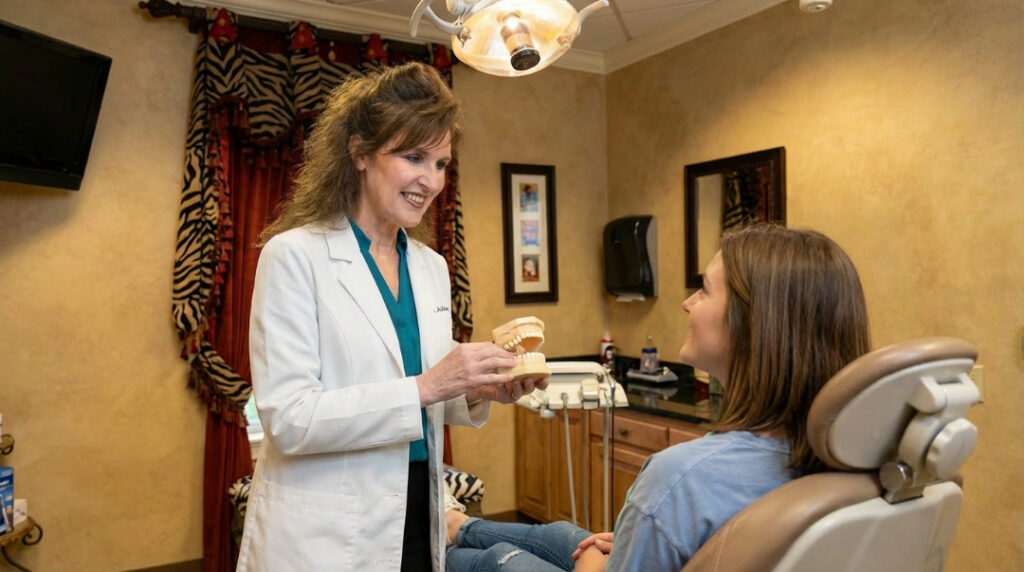
Excessive jaw movement is one of the biggest obstacles to recovery. Here’s what to know:
Stretching tip: After a few days, gentle side-to-side motions and slow opening exercises (as advised by your dentist) can restore flexibility.
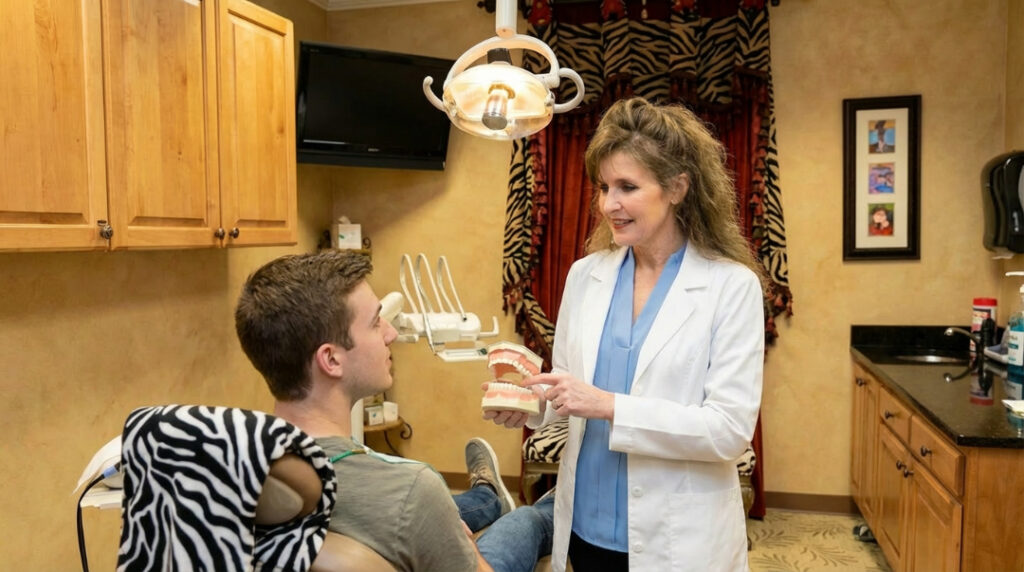
Some discomfort while speaking is normal, but pain shouldn’t be sharp or increasing.
You may be experiencing:
If speaking is getting harder—not easier—each day, contact Buford Dentist immediately for follow-up care.

If you experience any of the following, don’t wait:
At Buford Dentist, we recommend a follow-up visit within a week to make sure you’re healing properly and can resume full function.